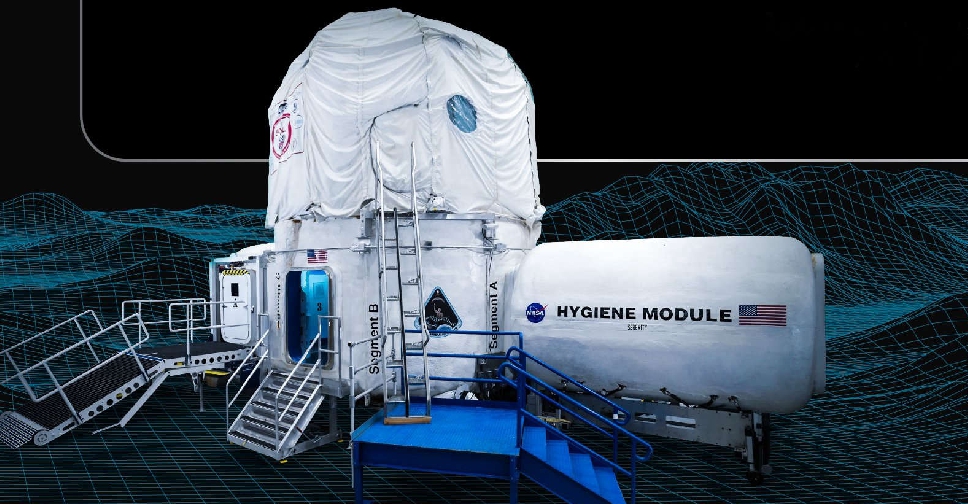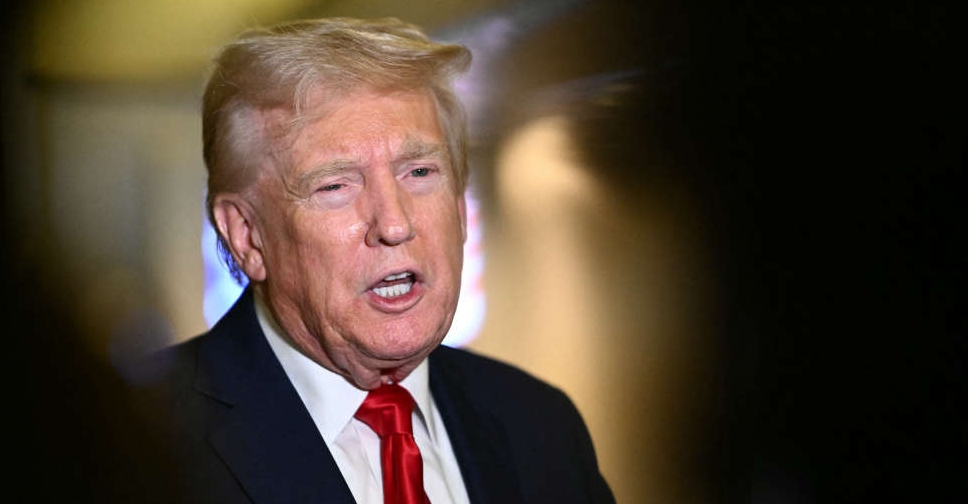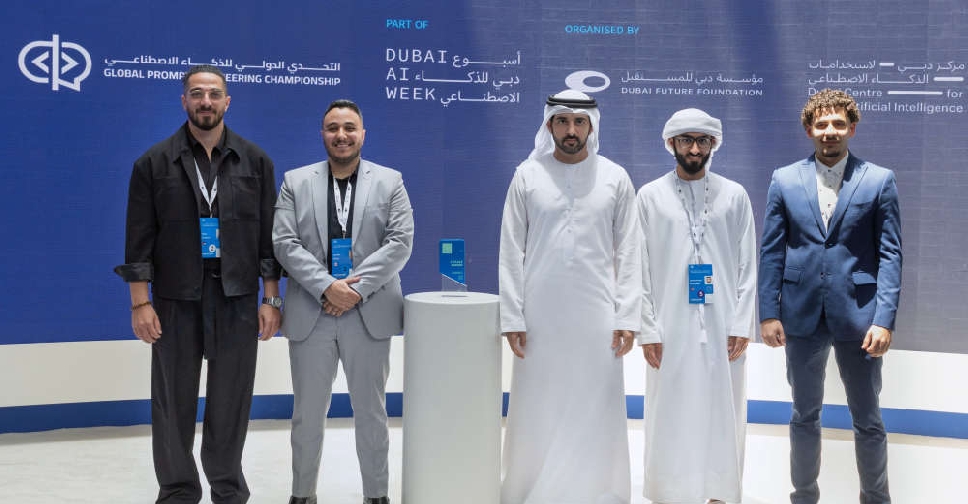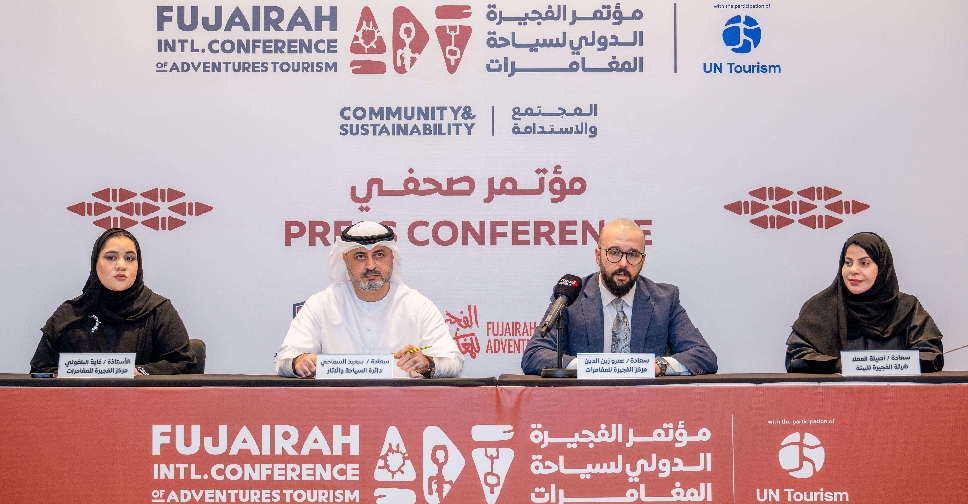
The UAE is gearing up for its second analog mission as part of a NASA research programme to understand the effects of spaceflight on the human body and behaviour.
NASA's Human Exploration Research Analog (HERA) project will assess how crew members adjust to isolation and remote conditions on Earth before sending astronauts on long-duration missions.
It will hold 180 days of research work across four phases (45 days each), with the first phase starting on January 26.
The Mohammed Bin Rashid Space Centre (MBRSC) will be sending an Emirati crew to join the study's second phase, scheduled to start on May 10.
They will be part of the research team at the Johnson Space Centre in Houston, where they will carry out various science and maintenance tasks inside the specially-designed HERA habitat that replicates space-like conditions.
These activities assist researchers design strategies to help the analog crew members become more autonomous, work as a team, and communicate effectively to accomplish tasks.
With this data, scientists can develop strategies to better prepare astronauts for interplanetary missions and eventually for ventures to Mars, a long-standing vision of the UAE under the Mars 2117 Programme.
UAE universities will be involved in all four phases of the analog study by sending experiments to the crew.
The second analog study of the UAE Analog Programme will begin on 26 January as part of the Human Exploration Research Analog (HERA). Here is an overview of analog studies. pic.twitter.com/SI79I2JTMy
— MBR Space Centre (@MBRSpaceCentre) January 22, 2024
The first analog study of the UAE Analog Programme, a part of the SIRIUS-21 programme, was successfully concluded in 2022, and focused on understanding the effects of isolation on human psychological and physiological conditions.
"The UAE Analog Programme is instrumental in deepening our understanding of the challenges and nuances of long duration space missions. They are also pivotal in shaping the scientific methodologies and technological innovations required for future expeditions to the Moon and beyond," said Salem Humaid AlMarri, Director General of MBRSC.
"As we simulate the conditions of space here on Earth, we are not only testing human endurance and adaptability but also refining the technologies and strategies that will be pivotal for the success of future expeditions to the Red Planet," added Adnan AlRais, Mars 2117 Programme Manager.
UAE universities participation
United Arab Emirates University (UAEU) is focusing on three major areas. The first study will investigate glucose metabolism dysfunctions caused during the isolation period, using metabolomics.
Another study aims to detect deficits in brain function due to cognitive fatigue, while the third project will be an optical-based cardiovascular vital signs monitoring, exploring new methods to assess heart health in isolated environments.
Mohammed Bin Rashid University of Medicine and Health Sciences (MBRU) is contributing with two critical studies, including assessing changes in whole-body energy consumption, energy content, bone density, and muscle mass before and during isolation.
Another study will examine the effects of prolonged exposure to a space analog environment on cardiovascular variability and cardio-postural interactions.
The American University of Sharjah (AUS) is also participating with a significant study that will assess mental stress in isolation and confined environments.
This research is vital for understanding the psychological challenges faced during long-term space missions and developing strategies to mitigate these stresses.





 Trump to strengthen ties with UAE during May's three-country tour
Trump to strengthen ties with UAE during May's three-country tour
 Dubai crowns champions in prompt engineering
Dubai crowns champions in prompt engineering
 H.H. Sheikh Mohammed approves major public health reforms in Dubai
H.H. Sheikh Mohammed approves major public health reforms in Dubai
 Adventure tourism takes centre stage in Fujairah
Adventure tourism takes centre stage in Fujairah


